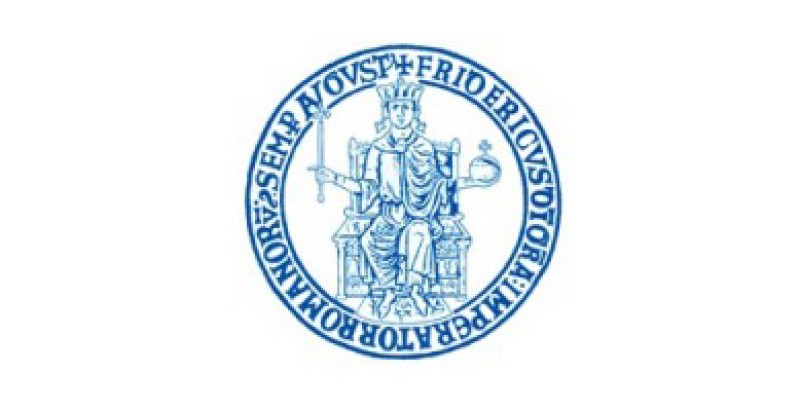PDW 03: Experimental Research in Organization Studies: Pushing the Boundaries
Call for Applications
Presenters & Facilitators:
Alexandre B. Bitektine, HEC Montréal, Canada
Joel
Gehman, University of Alberta, Canada
Derek Harmon, University of Southern California, USA
Josh Keller, Nanyang
Technological University, Singapore
Jeff Lucas, University of Maryland, USA
Christopher Steele, University of Alberta,
Canada
Leigh Tost, University of Michigan, USA
Purpose
The purpose of this PDW is to advance the
use of experimental methods to study organizations and organizational processes by offering participants an opportunity to
learn more about experimental research in this domain, to meet colleagues who use (or plan to use) experimental methods in
their research and discuss with them opportunities for using experimental methods to generate new theories for organization,
and to receive feedback on current work in progress.
We will discuss some illustrative examples of laboratory and
non-laboratory experiments in the study of organizations, explore their future potential for examining organizational processes,
and discuss experimental approaches for the analysis of organizational and institutional processes. We will draw participants’
attention to common challenges in research on micro-foundations of different management theories and highlight the role of
experimental methods in the exploration of micro-level processes that, on the one hand, are triggered by macro-level events
and, on the other hand, produce macro-level outcomes for organizations, categories and fields.
The first part of
the workshop starts with opening remarks by the PDW organizers, followed by three presentations that would cover topics of
particular interest to researchers using (or planning to use) experimental methods in organization studies. The second part
is a paper development workshop. The overall length of the workshop is four hours, including a coffee break of 30 minutes.
Part 1:
- The first presentation by Alex Bitektine and Jeff Lucas, will explore the connection between experimental methods and the microfoundations research agenda. This talk will highlight a fundamental distinction that differentiates applied experimental research and fundamental experimental research. The presentation will also delineate theoretical topics in institutional theory and strategy research that can be explored using experimental methodology.
- The second presentation, by Derek Harmon, will provide participants with the foundational principles of experimental design. The talk will highlight the fundamental criteria used to evaluate experimental research (i.e., internal validity, statistical conclusion validity, construct validity, and external validity). The presentation will also cover types of experimental design, highlighting the purposes and circumstances when researchers might use each of these designs.
- The third presentation, by Joel Gehman and Vern Glaser, will discuss the use of research methods as „packages“ that entail distinct epistemological assumptions, methodological strategies, and assumptions about theory and the relationship between theory and method. The talk will illustrate the centrality and nature of research method packages by using various research methodologies, such as laboratory experiments, the "Gioia method", the "Eisenhardt method", Qualitative Comparative Analysis, and traditional linear regression analysis. This presentation will provide a platform that participants will use to talk about the challenges of transferring laboratory experiments traditional associated with psychological theory to the organizational level of analysis.
Each
of these presentations will be interactive, with ample time for questions, answers, and group discussion.
Part 2:
The second part of the workshop consists of a paper development workshop. Work in progress as well as project ideas
will be exchanged in roundtable discussions. Each roundtable will be led by a facilitator. We explicitly welcome the submission
of project ideas (no paper required). The workshop ends with a general discussion on the potential prospects and pitfalls
of experimental research in organization studies.
Application
All scholars interested in applying experimental
methods to the study of organizational phenomena are invited to apply. However, preference will be given to PhD students/early
career scholars. To be considered as an early-career scholar, the applicant needs to have completed his/her doctoral/PhD thesis
within the last three years. Attendance of the workshop is limited to 12 participants. Criteria for selection are originality
and relevance of the proposal.
Please submit – via the EGOS website! – a single document
of application (.doc, .docx or .pdf file) that includes:
- On the first page: a short letter of application containing full details of name, address (postal address, phone and email), affiliation (date of PhD completion for early career scholars), and a statement of why you consider it valuable to attend this PDW;
- A CV;
- A two-page proposal of the project idea outlining the research question and its relevance. The proposal should also motivate why an experiment is needed to answer the research question and specify the dependent and independent variable(s) in the experiment. Note: the experiments can be carried out after the PDW. The purpose of the roundtable session is to discuss work in progress as well as project ideas, not fully-developed papers.


